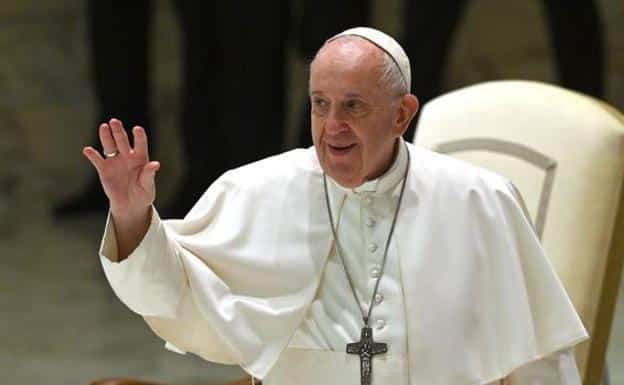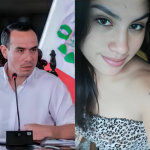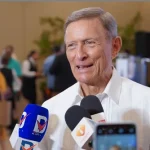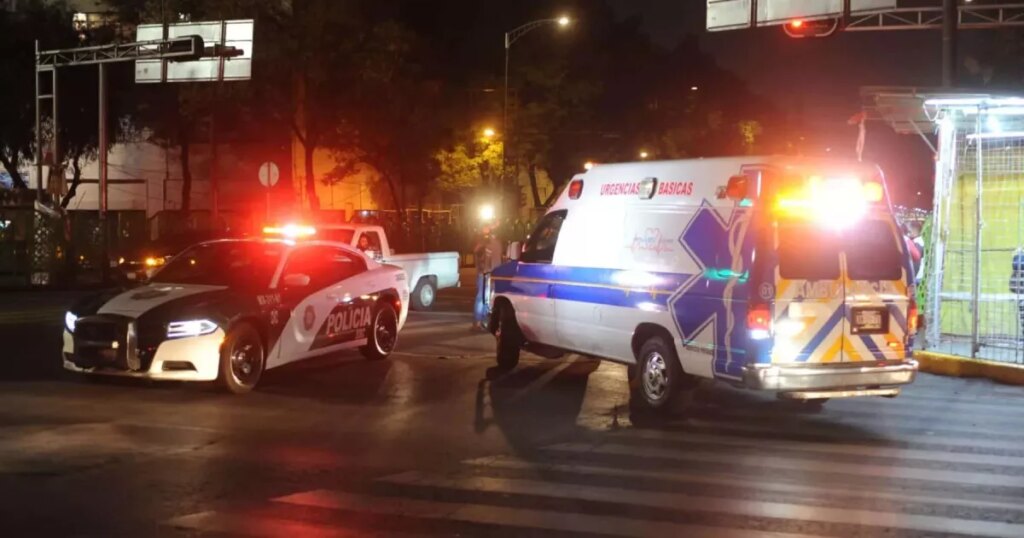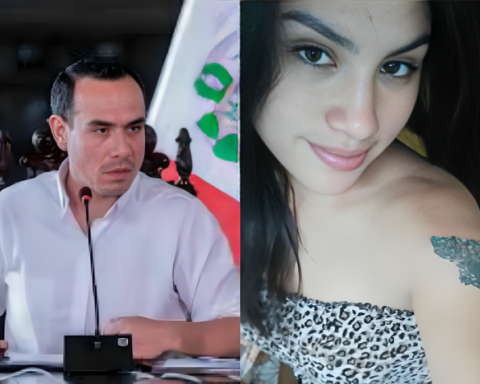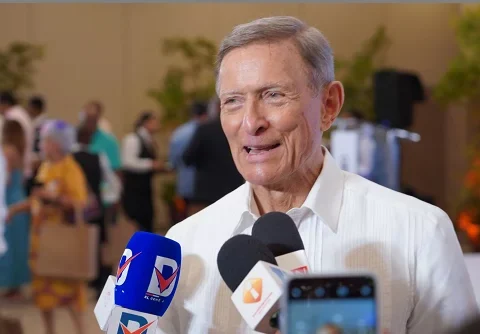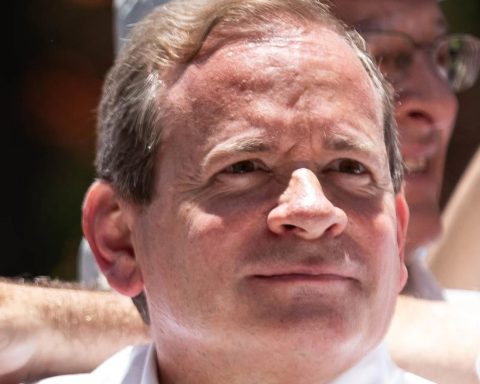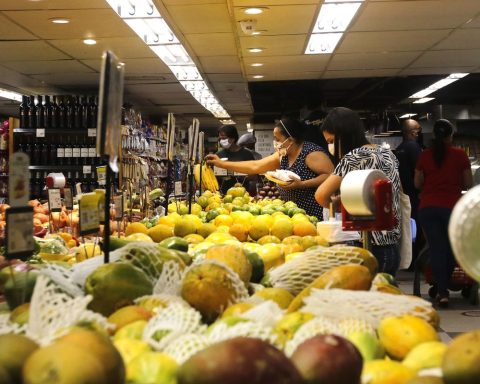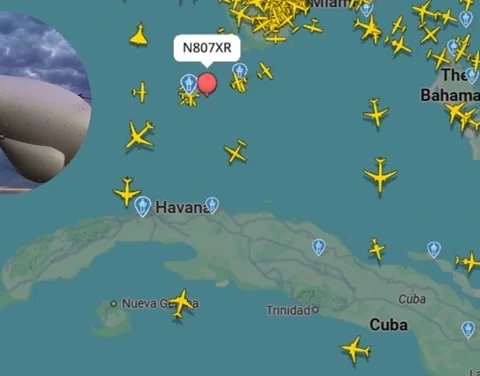Pope Francis attributed the prudence of the Vatican in the case of Venezuela and Nicaragua to the fact that “the Holy See always tries to save the peoples. And their weapon is dialogue and diplomacy”.
He said so in a lengthy interview offered on December 17 to journalists Julián Quirós and Javier Martínez-Brocal, the first director of the Spanish newspaper ABC and the second its correspondent in the Vatican, which they carried out just when the first Latin American pontiff turned 86 years old.
Last September, while Francis was returning from Kazakhstan, he affirmed that there was a dialogue with the Nicaraguan government, without this meaning that he “approved or not” what the authorities are doing, the same ones who expelled the apostolic nuncio Waldemar from the country last March. Stanislaw Somertag.
Pope Francis insists on “patience and dialogue”
In the interview with ABC, Francis said: “The Holy See never leaves. They kick her out. He always tries to save diplomatic relations and save what can be saved with patience and dialogue.”
Last August, the Police began a tenacious police siege against Monsignor Rolando Álvarez, Bishop of Matagalpa, when he was visiting Managua. Alvarez is considered character of the year by the editorial board of CONFIDENTIALa “recognition of his consistency, his pastoral work, and his example of his dignity and resistance to persecution and harassment.”
His case has aroused the interest of the international community, which has denounced the Ortegas as a persecutor of the Catholic Church. The dictatorship accused last December 13 to the bishop for the alleged “crimes of conspiracy to undermine national integrity” and “propagation of false news”, in a similar way as he has done with political opponents.
In the case of the bishop, it is a reprisal for his prophetic voice in the midst of repression. With the prosecution of Álvarez, Ortega’s religious persecution reached a climax in 2022.
We recommend you read: The prophetic voice of Monsignor Álvarez
In 2019, Monsignor Silvio José Báez, auxiliary bishop of Managua and another critical voice of the Ortega-Murillo regime, had to leave the country on the Pope’s recommendation in the face of threats from Sandinista fanatics. On December 19, the human rights defender, Bianca Jagger, questioned the silence of the Vatican and the Nicaraguan Episcopal Conference, while asking Nicaraguans “not to be intimidated by what this criminal couple is doing,” in an interview with the television program This Week.
Besides: Ortega intensifies repression: 396 attacks against the Catholic Church since 2018
Ortega has promoted hatred against the Catholic Church in his speeches, accusing them without proof of being coup leaders and even of instigating his murder in 2018, when thousands of citizens took to the streets to demand his resignation. The regime responded with brutal repression, leaving hundreds dead, but signaled citizens to try to overthrow it, while Catholic leaders opened the doors of their temples to receive the victims of the State.
Álvarez was one of those who accompanied the persecuted Nicaraguans. Also, from the pulpit of the Matagalpa Cathedral, he narrated the enormous migration caused by the worsening situation in Nicaragua.
The Bishop of Matagalpa has been under house arrest since last August 4. He was in the Episcopal Curia until they ordered his transfer to Managua on the 19th of that month, after a police assault. Bishop Báez has condemned the action against Álvarez from exile.
Other priests are also in exile, or have reported that the dictatorship denied them entry to Nicaragua.
Báez will pray for the release of political prisoners
The auxiliary bishop of Managua called to pray a rosary for Nicaragua, for the country and the Church on December 20, 2022, in which they will ask for the release of all political prisoners, as published on his Twitter account.
I invite you to pray the rosary together for Nicaragua this December 20: for the country and for the Church, for the release of Bishop R. Álvarez, the detained priests and all the political prisoners. Saint Agatha, Miami. Facebook Live.
⏰ 8 pm (Miami)
7 p.m. (Nicaragua) pic.twitter.com/BIEygtWwEc— Silvio José Báez (@silviojbaez) December 18, 2022
In Nicaragua, another 12 religious were imprisoned, including three priests, two seminarians, and a layman who stood in prayer with Álvarez, accompanying him, while special troops surrounded them in the Curia in August.
Also: Bianca Jagger questions the silence of the Church in the case of Bishop Álvarez
In June, the authorities imprisoned the priest Manuel García, from Nandaime, accused of assaulting a woman; the following month Monsignor Leonardo Urbina, who was convicted of sexual abuse; and Oscar Benavidez, a parish priest based in Mulukukú, who was kidnapped in August.
The executive has closed Catholic radio stations, desecrated churches and expelled 18 nuns from the Missionaries of Charity order last July in its crusade against the Church, while in official propaganda it sells its government as “Christian, socialist and supportive”.
The Pope also revealed in his interview with ABC that he signed his resignation, in case of medical impediment, and handed it over to Tarcisio Bertone, when he was acting as Secretary of State. Argentine Cardinal Mario Bergoglio was elected pontiff on March 13, 2013 and assumed the name Francis.
More religious persecution sentences
On December 16, Bishop David J. Malloy, of Rockford, president of the United States Bishops for international justice and peace, called for the restoration of religious freedom and human rights in Nicaragua, after the formal accusation of the State against Monsignor Álvarez.
“I call on the government of the United States and the international community to seek the immediate release of Bishop Álvarez, the restoration of religious freedom and the guarantees of human rights, and begin a process of restoration of democratic order and the state of law in Nicaragua,” Malloy said in a release.
The American religious recalled that his predecessor, Archbishop Timothy P. Broglio, traveled to Nicaragua in 2018 to express his solidarity with the bishops since “the bloody repression of peaceful protesters.”
